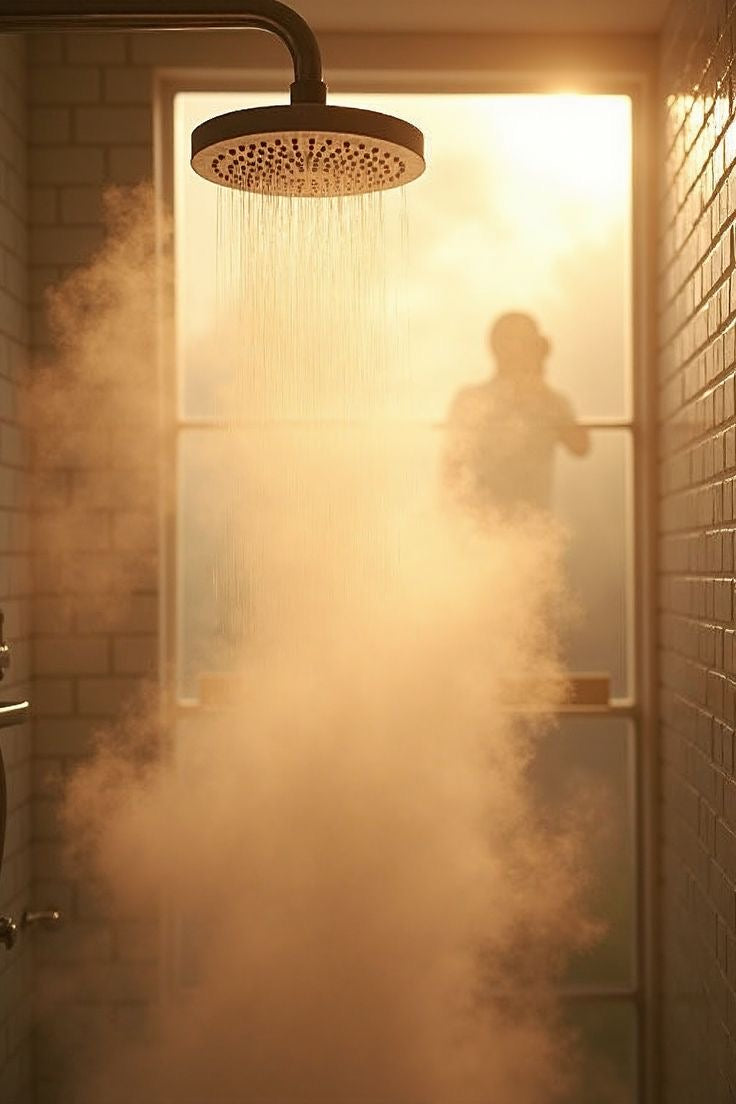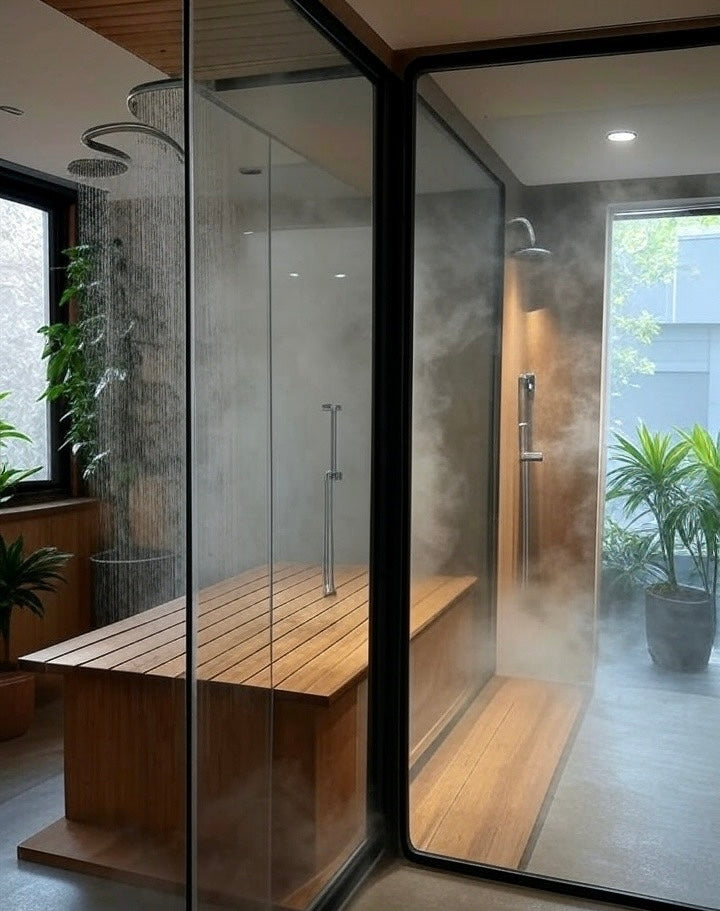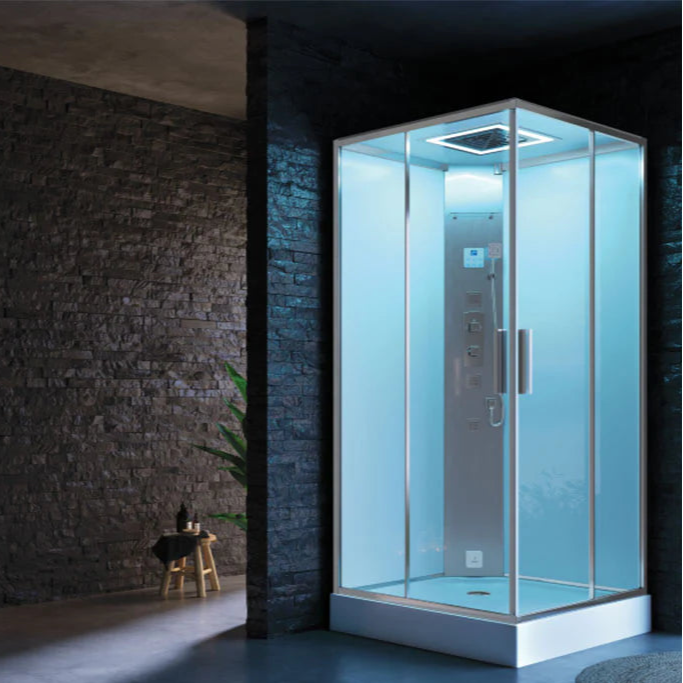Just finished a chilly dunk in your Cold Plunge or Ice Bath Tub—only to start sniffling? Short answer: the plunge didn’t make you sick, but it might have lowered your defences. Keep reading to learn how to stay safe, especially when using a Cold Plunge Tub while under the weather.

Cold Plunge and Illness: Separating Fact from Fiction
The Myth Debunked: Does Cold Directly Cause Sickness?
Viruses, Not Temperature: Understanding the Real Culprits
Getting sick from a cold plunge isn’t about the water itself. Common illnesses like colds and flu come from viruses—not cold temperatures.
However, after cold exposure, your immune system may be slightly suppressed. This makes you more vulnerable if you've recently been exposed to a virus.
How Cold Exposure Interacts with Your Immune System
Brief cold plunges can stimulate the immune system over time, potentially improving resilience.
But right after a plunge, especially if you're not acclimatised, the body's defences may dip temporarily. This window can increase susceptibility to existing pathogens in your system.
Navigating Cold Plunges When Feeling Unwell: Risks and Recommendations
When to Exercise Caution: Cold Plunging with Existing Illnesses
Increased Cardiovascular Strain and Respiratory Risks
Cold plunges elevate heart rate and blood pressure quickly. For individuals with respiratory conditions or illness, this added strain may worsen symptoms or cause complications.
Sudden exposure can also tighten airways and make breathing more difficult, especially in those with asthma or congestion.
The Danger of Cold Plunging with a Fever
If you have a fever, cold plunging is not recommended. Your body is already under temperature stress.
Adding external cold can disrupt thermoregulation and delay healing.
Recognising Signs and Symptoms to Skip the Plunge
Feeling run down, fatigued, or chilled? These are signs your immune system is already working hard.
In such cases, it’s best to rest rather than stress the body further with cold immersion.
Beyond Sickness: General Safety and Considerations for Cold Water Immersion
Potential Side Effects and How to Mitigate Them
Understanding Cold Shock Response and Its Physiological Impact
The body reacts to sudden cold with a gasp reflex, elevated heart rate, and vasoconstriction.
If unprepared, this cold shock response can feel overwhelming or even trigger panic.
Hypothermia, Frostbite, and Other Cold Exposure Risks
Overexposure in cold water can lead to numbness, loss of coordination, or in severe cases, hypothermia or frostbite.
Proper timing and preparation are essential to avoid these complications.
Importance of Gradual Adaptation and Proper Rewarming
Start with shorter sessions and slightly warmer water before progressing. After a plunge, warm up with dry clothes, blankets, or a mild heat source.
Avoid jumping into hot water immediately as it can create blood pressure swings.
Safe Cold Plunging Practices: Essential Precautions for All

Consulting Healthcare Professionals for Underlying Conditions
If you have heart issues, circulation problems, or immune disorders, consult a healthcare provider before cold plunging.
Medical advice ensures your sessions are safe and tailored to your health profile.
Optimal Temperatures, Duration, and Supervised Sessions
Stick to 10–15°C (50–59°F) for beginners, limiting sessions to 5–10 minutes. Never plunge alone—supervision is key.
Progress gradually as your tolerance builds.
Alternatives to Full Immersion When Unwell
If you're feeling unwell, try alternatives like cold face splashes, contrast showers, or foot baths.
These offer a milder cold therapy option while allowing the body to recover.
Takeaways:
-
Cold plunges don’t cause illness—but they can weaken defences temporarily.
-
Avoid plunging when feverish, exhausted, or congested.
-
Stick to safe temperatures, short sessions, and gradual adaptation.
-
Always prioritise your current health status over routine.
Conclusion:
Cold plunges can invigorate the body—but timing matters. While the water won’t directly make you sick, ignoring symptoms or pushing through when unwell can backfire.
Respect your body’s signals, follow proper precautions, and cold therapy can remain a powerful health ally—not a setback.






